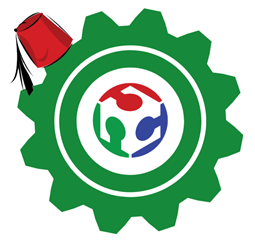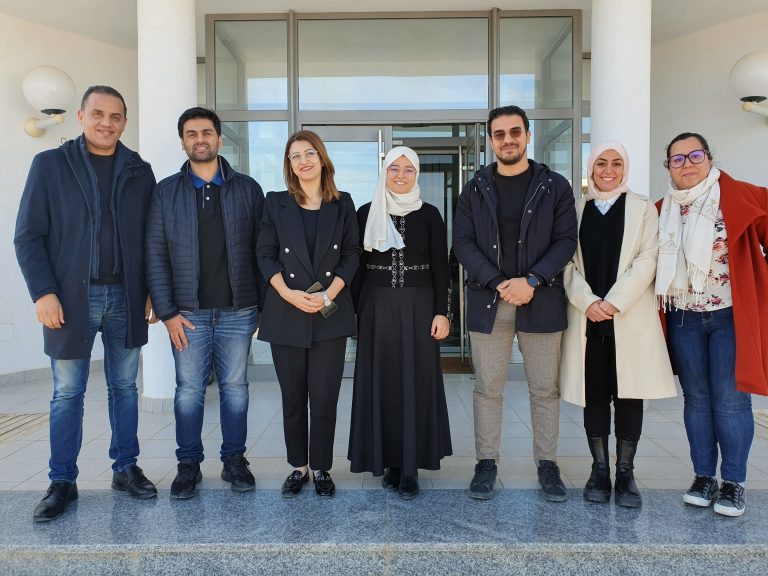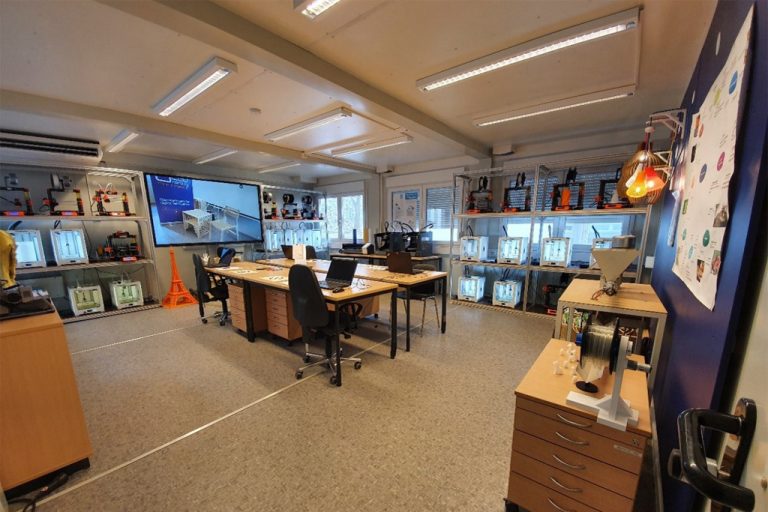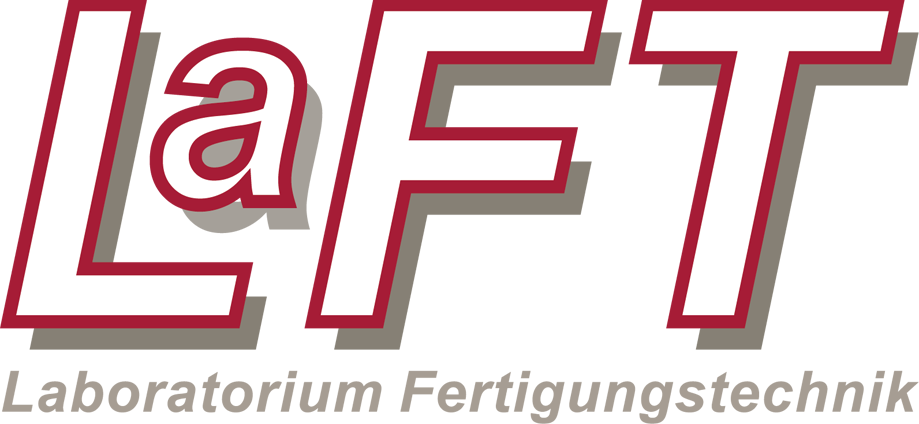Empowerment of the local population and economy
How can the concept of Open Labs contribute to technological empowerment and economic development?
The main objective of the Digital4jobs project and related research activities is to empirically investigate how the concepts of Open Labs and Open Source Appropriate Technologies [OSAT] can contribute to the technological empowerment of local people and the bottom-up development of the economy.
During the project, an Open Lab (open manufacturing site) will be set up and machines will be created according to the OSAT concept in order to locally promote access, knowledge, and skills for the use of new digital manufacturing technologies. As the implementation of Open Labs using OSAT is a new phenomenon, there is a lack of empirical case studies and best practices in this area so far, which is why the Digital4jobs project makes an important contribution to research.
In addition to our PISWI (Places of Incubovation) project, which is taking place in cooperation with our collaborative partners in Tunis, Monastir, and Ksar Hellal, our research activities are being given additional regional and sectoral application contexts through the Digital4jobs project.
This allows for further testing and scientific evaluation of the Open Labs concepts in different sectoral, regional, and socio-economic settings. This will allow for a higher degree of empirical validation and broader reach of the Open Labs and Open Source Appropriate Technology (OSAT) concepts. In this context, Open Labs serve as places of innovation, technological learning, and incubation.

Facts and figures
Project title: Digital4Jobs – Digitization for job-creating growth in Tunisia
Runtime: 2021-2023
Sponsored by:

Related links:
Makers for Tunisia
OpenLab an der Helmut-Schmidt-Universität in Hamburg
Publications:
Oladele-Emmanuel, B.D.: Measuring and Managing User Innovation in Emerging Economies: Case Study of South West Nigeria, Dissertation, Helmut Schmidt University, 2020. https://openhsu.ub.hsu-hh.de/handle/10.24405/9825
Buxbaum-Conradi, S. und Basmer-Birkenfeld, S.V.; Redlich, T.: OPEN LABs: Erfahrungsbasiertes, vernetztes Lernen in offenen Produktionswerkstätten. Themenheft Lernen unter dem Aspekt der Vernetzung, Lernen&Lehren 135 (4/2019).
T. Redlich et al., “OpenLabs — Open Source Microfactories Enhancing the FabLab Idea,” 2016 49th Hawaii International Conference on System Sciences (HICSS), 2016, pp. 707-715. https://www.computer.org/csdl/proceedings-article/hicss/2016/5670a707/12OmNxYbSXX
Osunyomi, B.D.; Redlich, T.; Wulfsberg, J.:
Could Open Source Ecology and Open Source Appropriate Technology be used as a Roadmap from Technology colony?
In: International Journal of Technological Learning, Innovation and Development 8.3 (2016): S. 265-282. https://wiki.opensourceecology.org/images/2/20/Techcolony.pdf
Buxbaum-Conradi, S.; Basmer-Birkenfeld, S.; Branding, J-H.; Osunyomi, B.D.; Redlich, T.; Langenfeld, M.; Wulfsberg, J.P.:
Local Embedding and Global Collaboration of Open Innovation, Production and Maker Spaces – The (uncovered) potential of knowledge transfer and collaboration at the grassroots level. Insights from the growing FabLab community. In: 1. interdisziplinäre Konferenz zur Zukunft der Wertschöpfung (Konferenzband), Hamburg 2016, pp 37-52, ISBN: 978-3-86818-091-6.
Are you interested in an exchange on Open Source Appropriate Technology (OSAT), empowerment, user innovation, or related topics? Then please feel free to contact us.
Contact:
Dr. rer. nat. Juan Manuel Grados Luyando / Dr.-Ing. Babasile Daniel Oladele-Emmanuel








